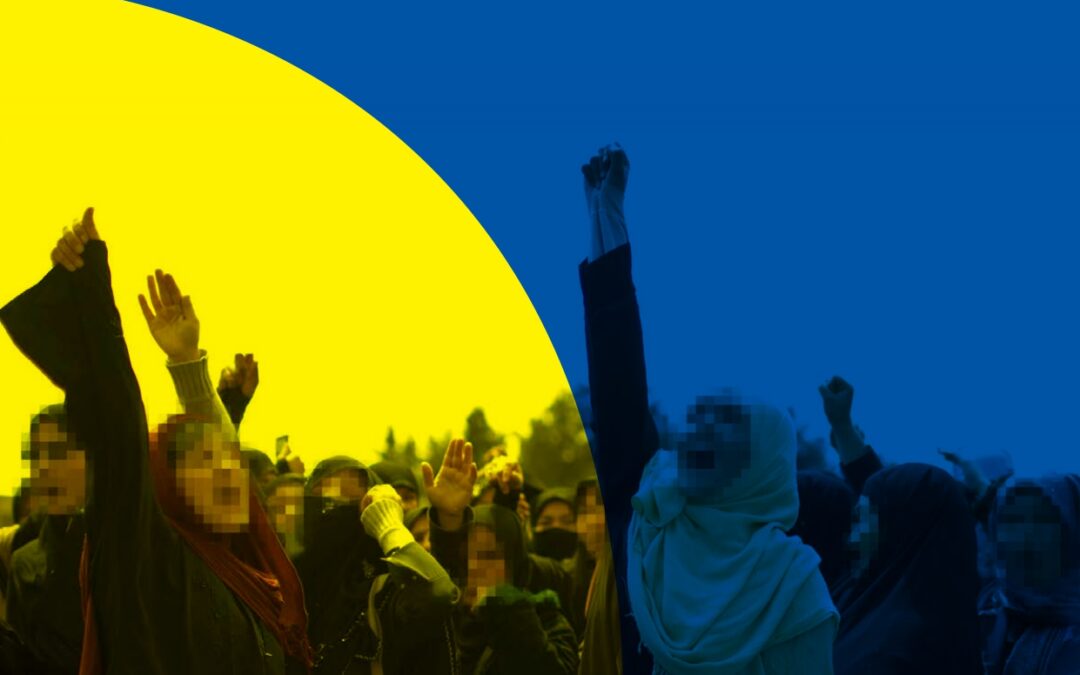
May 26, 2023
The Taliban’s severe restrictions and unlawful crackdown on women and girls’ rights should be investigated as possible crimes under international law, including the crime against humanity of gender persecution, Amnesty International and the International Commission of Jurists said today in a new report.
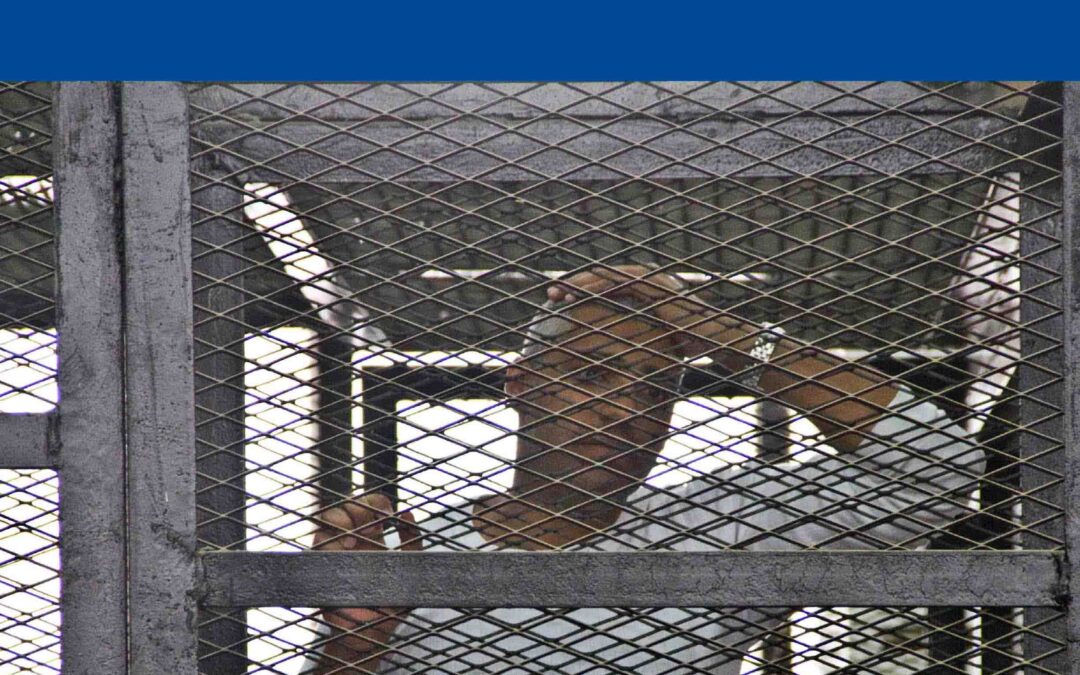
Oct 12, 2016
The Egyptian authorities must end executive interference in judicial affairs and act to ensure that the judiciary is independent and that it serves to safeguard human rights and uphold the rule of law, the ICJ said today.
The statement came as the ICJ released its new report Egypt’s Judiciary: a Tool of Repression. Lack of Effective Guarantees of Independence and Impartiality.
The report documents the many ways in which the judiciary has been used as a tool to silence those suspected of opposing the Military and Executive.
This include prosecutors and judges initiating and continuing prosecutions on unfounded charges; adopting a presumption in favour of pre-trial detention; applying laws in violation of human rights standards and refusing to permit constitutional challenges to those laws; and failing to respect fundamental fair trial rights.
Convictions in Egypt are regularly based on poorly reasoned judgments and without individual findings of guilt.
“Egypt’s military and executive have subordinated the judiciary to their political will, making it a docile tool in their on-going, sustained crackdown on human rights in Egypt,” said Said Benarbia, ICJ MENA Director.
“In doing so, judges and prosecutors have abdicated their primary responsibility in upholding the rule of law. Rather than acting as a check on the arbitrary exercise of power, judges themselves have become complicit in violating the very rights they are mandated to protect,” he added.
Thousands of political opponents, human rights defenders, pro-democracy campaigners, journalists and individuals exercising their right to freedom of expression and assembly have been subjected to politicized prosecutions and convicted following unfair trials.
The report also documents how the military and the executive’s crackdown has extended to lawyers and judges suspected of opposing the authorities, the very individuals who are supposed to be the last line of defence of rights and freedoms.
The ICJ has found that the structural and systemic politicization of the Egyptian judiciary has been facilitated, in part, by the failure of the legal framework in force to provide for the necessary guarantees for judicial independence and accountability.
The report analyses how the composition, mandate and actions of the High Judicial Council (HJC), have undermined its ability to ensure respect of judicial independence.
The institutional and functional subordination of the Office of the Public Prosecutor to the Executive has meant politicized prosecutions against perceived opposition figures, and a failure to investigate and prosecute alleged human rights violations by police and military personnel.
The report also document how the wide jurisdiction of military and exceptional courts as well as the limited access to the Supreme Constitutional Court (SCC) have contributed to further undermining judicial independence.
The report contains 136 recommendations to the Egyptian authorities aimed at guaranteeing, in law and practice, the independence and accountability of the judiciary in Egypt.
Contact
Said Benarbia, ICJ Director of the ICJ Middle East and North Africa Programme, tel: +41 22 979 38 17, e-mail: said.benarbia(a)icj.org
egypt-tool-of-repression-report-launch-news-press-release-2016-eng (full text with recommendations, in PDF)
egypt-tool-of-repression-report-launch-news-press-release-2016-ara (full text in Arabic, PDF)
egypt-tool-of-repression-publications-reports-thematic-reports-2016-eng (full report, in PDF)
egypt-tool-of-repression-publications-reports-thematic-reports-2016-ara (full report, Arabic version, in PDF)
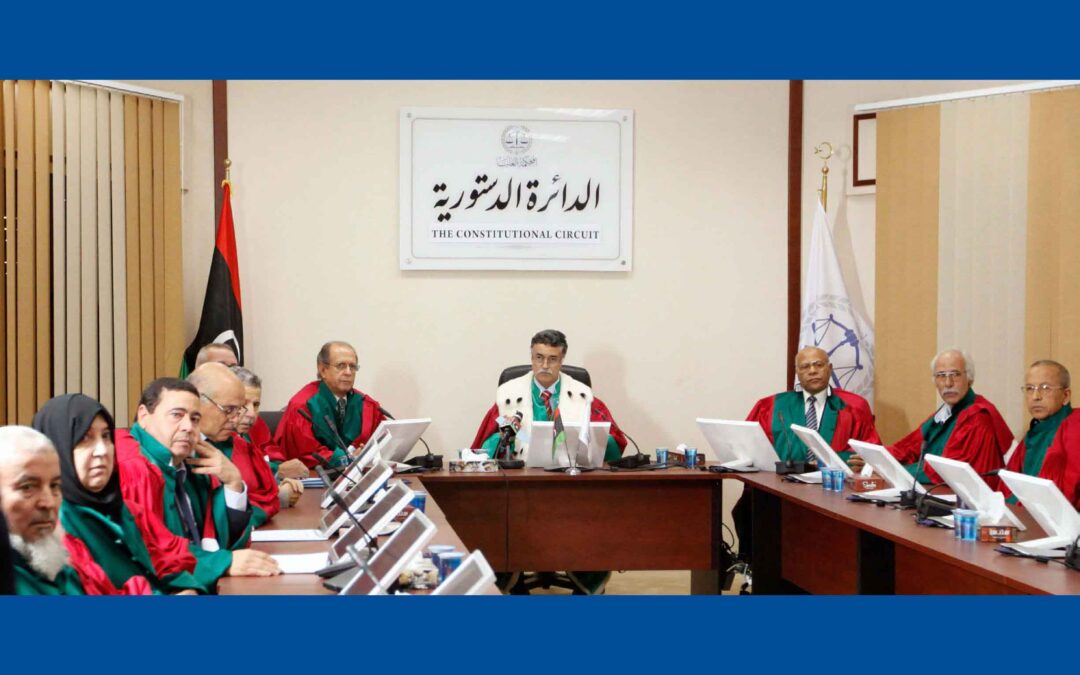
Jul 21, 2016
Libya must reform its legal framework and make revisions to the current draft Constitution in order to consolidate the rule of law and judicial independence and to address ongoing impunity in the transitional process, the ICJ said today.
The statement came as the ICJ released its new report Challenges for the Libyan Judiciary: ensuring independence, accountability and gender equality.
In the report, the ICJ calls on the Libyan authorities to revise the legislation governing the organization of the judiciary, the Supreme Judicial Council, (SJC), the prosecutor’s office and the use of military tribunals in line with international law and standards on the independence and accountability of the judiciary and on gender equality.
The ICJ also calls on the Constitution Drafting Assembly to revise the latest draft of the Constitution to ensure that it fully accords with international law and standards.
In May, the ICJ held a high level conference, in part to discuss the report’s findings bringing together senior judges, former ministers, members of the Constitution Drafting Assembly, lawyers, prosecutors and legal academics from across Libya.
Participants recognized the need for reforms and expressed their commitment to strengthening the independence of the judiciary and consolidating the rule of law in Libya.
“If Libya is to move forward towards a new era where the rule of law is held paramount, the new Constitution and legislation on the administration of justice must conform to the principles of judicial independence, impartiality and accountability,” said Said Benarbia, Director of the MENA programme at the ICJ.
The report emphasizes the need for the Supreme Judicial Council to be institutionally, financially, and administratively independent from the executive.
It is also important that its membership be pluralistic and gender-representative, with a majority of judges elected by their peers, the report says.
The existing Statute on the Judiciary needs revision to provide fair and transparent procedures for the selection, appointment, promotion and discipline of all judges, according to the report.
It also needs to provide for specific measures aimed at increased representation of women in the judiciary, including in senior positions.
The ICJ report also calls on the Libyan authorities to ensure the functional independence of the prosecutor’s office from both the executive and the rest of the judiciary.
Such independence is important to ensure that any past and ongoing gross human rights violations in Libya are impartially and thoroughly investigated and prosecuted and that all those responsible for such violations are criminally held to account, the ICJ says.
The report underlines that the jurisdiction of military tribunals must be restricted only to cases involving members of the military for alleged breaches of military discipline.
Alleged violations of human rights committed by the military or armed forces must be investigated and prosecuted by civilian authorities, it says.
The report recommends that immediate measures be taken to end arbitrary detention across Libya and ensure to all detainees the right to a fair trial.
Contact
Doireann Ansbro, Associate Legal Adviser of the ICJ Middle East and North Africa Programme, email: doireann.ansbro(a)icj.org
Libya-IoJ report launch-News-Pres releases-ARA-2016 (full press release in Arabic, PDF)
Libya-Challenges the Judiciary-Publications-Reports-Thematic report-2016-ENG (full report in English, PDF)
Libya-Challenges the Judiciary-Publications-Reports-Thematic report-2016-ARA (full report in Arabic, PDF)
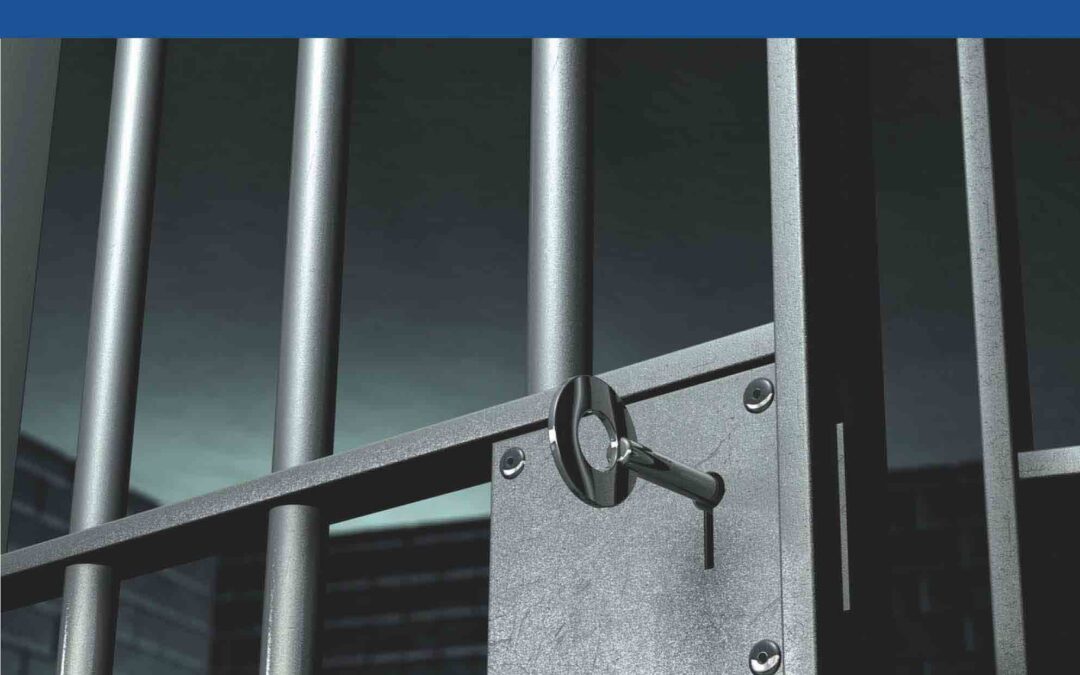
May 27, 2016
The Myanmar government should begin using the writ of habeas corpus to prevent unfair arrests and detention, the ICJ said today as it released its Handbook on Habeas Corpus in Myanmar.
The Handbook describes the legal practice in Myanmar since the writ of habeas corpus was reintroduced in the country’s 2008 Constitution after decades of neglect.
Along with international standards regarding this important legal safeguard for human rights, the Handbook outlines judicial precedent before the writ was effectively abandoned in the late 1960s following the establishment of military rule in the country, the ICJ says.
Although Articles 296(a) and 378 (a) of Myanmar’s 2008 Constitution guarantee that a person deprived of his or her liberty has the right to petition for a writ of habeas corpus, in practice the ICJ could not find a single case in which the writ had been used successfully to challenge the lawfulness of anyone’s arrest or detention.
“Around the world, the writ of habeas corpus is one of the key legal devices to prevent unlawful detention and other human rights violations such as torture or other ill-treatment and enforced disappearance,” said Sam Zarifi, ICJ’s Asia Director. “When Myanmar’s military rulers began cracking down on political dissent and imposed authoritarian rule, they naturally got rid of this protective mechanism.”
“It’s crucial that this writ now be used properly to ensure that there are no more political prisoners or people improperly detained without due process,” he added.
The right to habeas corpus entitles petitioners for the writ of habeas corpus to challenge the legality of their arrest or detention before a Court.
The Court issues an order to bring the petitioner before it to review and determine the legality of his or her arrest and detention.
If the authorities cannot prove the legality of arrest and detention, the Court may order the detainee’s release if appropriate.
The ICJ’s analysis in the Handbook shows that, notwithstanding some reform, there are still multiple cases of arbitrary or otherwise unlawful arrest and detention in the country, particularly as a tool to suppress political dissent.
Despite the 1898 Criminal Procedure Code (CrPC) setting out the procedures for arrest and detention, in practice, security forces rarely adhere to these procedures, the ICJ says.
The ICJ has observed and documented pre-trial and trial phases of several cases, where the failure to comply with due process rights could have provided an effective basis on which to mount habeas corpus challenges against deprivation of liberty.
For instance, the habeas corpus procedure could have been used to challenge the arbitrary arrest and detention of human rights defender U Gambira, who has been detained since 19 January 2016.
The writ of habeas corpus would have allowed him to contest several shortcomings in his arrest and detention, for instance, that he was not promptly notified of the reasons for his arrest when he was detained, the ICJ adds.
Likewise, defendants in a number of cases accused of offences against religion should be able to exercise their right to habeas corpus to challenge their detention if it was the result of a conviction solely for the lawful enjoyment of one’s freedom of expression.
The writ would entitle the Supreme Court to review the case and re-examine whether there was deliberate and malicious intent to insult a religion. If the basic criminal law requirement of intent was not met then the detainees should be set free.
“Until now, many lawyers are convinced that it’s not useful even to try to use the habeas corpus petition to protect their clients, in part because they’re unfamiliar with the writ, and in part because they believe that Myanmar’s judiciary has lacked the independence to review the decisions of the Executive branch, and particularly the security and intelligence authorities,” said Zarifi.
Contact
Dr Daniel Aguirre, ICJ International Legal Adviser in Myanmar, e: daniel.aguirre(a)icj.org
Myanmar-Habeas Corpus Handbook-News-Press release-2016-ENG (Full press release and background, in PDF)
Myanmar-Highlight Habeas Corpus-Advocacy-2016-ENG (Key points of handbook, in PDF)
Myanmar-Handbook on Habeas Corpus-Publications-Reports-thematic reports-2016-ENG (Full handbook in PDF, English)
Myanmar-Handbook on Habeas Corpus-Publications-Reports-thematic reports-2016-BUR (Full handbook in PDF, Burmese)
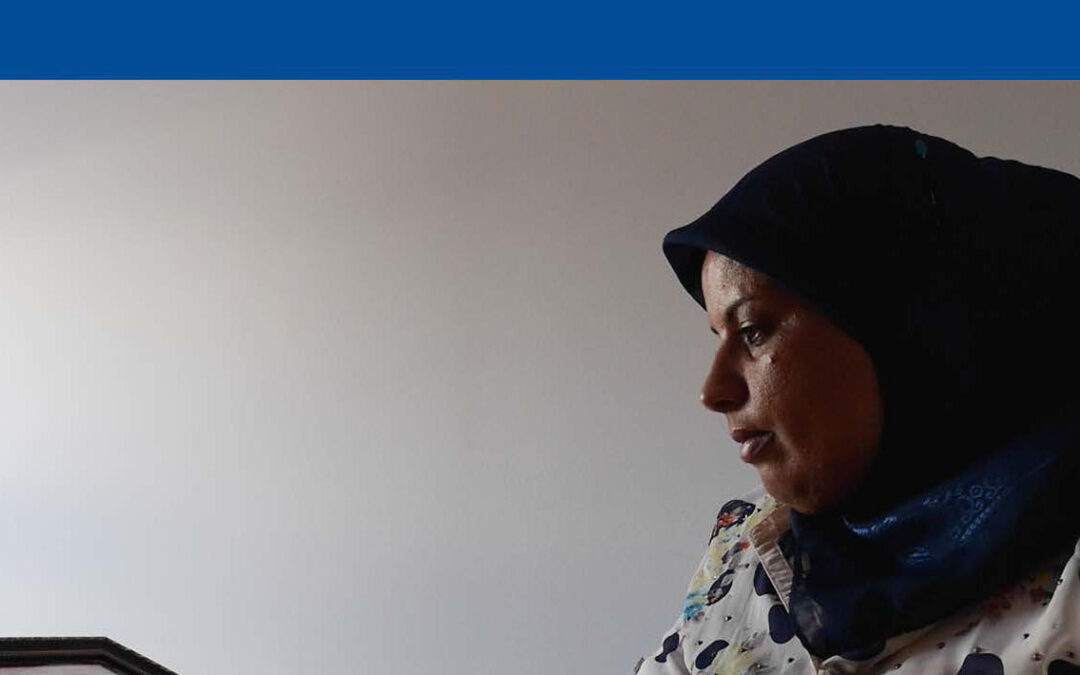
May 13, 2016
In a new report released today, the ICJ called on the Tunisian authorities to adopt comprehensive legal and policy reforms as well as practical measures to fully guarantee effective remedy and reparation for victims of human rights violations.
Under Ben Ali’s regime, thousands of human rights violations, including torture and other ill-treatments, unlawful killings, enforced disappearances, and arbitrary arrests and detentions, were committed by law enforcement and other security officers, the ICJ reminds.
Numerous similar violations were also committed during the December 2010 to January 2011 uprising and some continue today.
The ICJ report Illusory Justice, Prevailing Impunity highlights how, five years after the toppling of former President Ben Ali, legal and practical obstacles continue to undermine victims’ right to a remedy and reparation.
“Despite the adoption of some reforms and transitional justice measures, such as the establishment of the Truth and Dignity Commission, to date the legal system has failed to deliver the truth and justice that victims have been tirelessly seeking,” said Theo Boutruche, Legal Adviser at ICJ’s Middle East and North Africa Programme.
While several cases have been brought before Tunisian courts, in particular military courts, these proceedings in themselves do not fulfil Tunisia’s obligations to fully investigate and prosecute crimes under international and national law, establish the truth about violations, and ensure remedy and reparation for victims, the ICJ says.
The report details numerous flaws, in law and practice, including: lack of independence of the judiciary; inadequate statutory definitions of crimes; inadequate statutory recognition of the responsibility of superior officers for certain violations committed by their subordinates; the broad discretion of the public prosecutor to dismiss cases without providing specific reasons; the inadequacy of criminal investigations, including the lack of effective measures for the protection of victims and witnesses; and the resort to military justice, rather than ordinary civilian courts, to address human rights violations.
“Hope and expectations for justice grew within the transition period, but victims are frustrated and disappointed by persistent impunity and the inadequate outcomes in the proceedings brought against law enforcement officials since 14 January 2011,” added Boutruche.
The report identifies specific reforms of the justice system, in line with international law and standards that are needed to address current obstacles and fully realize the victims’ right to a remedy and reparation.
These include ensuring that: gross human rights violations are promptly, thoroughly and effectively investigated by bodies capable of triggering criminal prosecutions where required; victims and witnesses are protected; and that victims’ rights are given full effect, including the possibility to judicially review any decision by a prosecutor to dismiss a case prior to opening an investigation.
“Comprehensive reforms of the justice system are needed not only for victims of past violations to obtain justice and reparation but also for ‘transitional justice’ measures to deliver meaningful justice. The successful transfer of cases by the Truth and Dignity Commission to the Specialized Chambers highly depends on those reforms,” said Boutruche.
Contact:
Theo Boutruche, Legal Adviser of the ICJ Middle East and North Africa Programme, tel: +96 170 888 961, e-mail: [email protected]
Tunisia-Remedy & reparations launch-News-Press releases-2016-ARA (full press release in Arabic, PDF)
Tunisia-Remedies and reparations-Publications-Thematic report-2016-ENG (full report in English, PDF)
Tunisia-Remedies and reparations-Publications-Thematic report-2016-ARA (full report in Arabic, PDF)
Watch the 12-minute documentary here:





